Fuel Smarter: Pre- and Post-Workout Nutrition Strategies
Chosen theme: Pre- and Post-Workout Nutrition Strategies. Learn how timing, macros, hydration, and practical meal design can elevate your training, speed recovery, and keep you motivated. Subscribe for weekly fueling tips and share your go-to pre- and post-workout meals with our community.
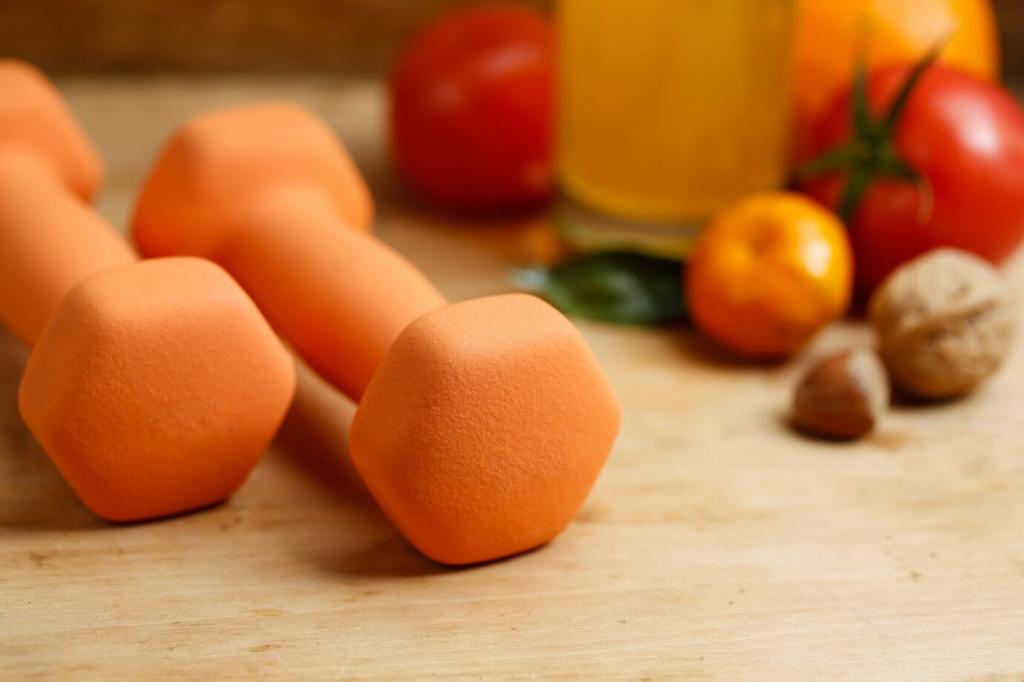
Why Timing Matters for Performance and Recovery
Eating one to three hours before training gives your body time to digest a balanced meal rich in carbohydrates and moderate protein. This approach stabilizes energy, reduces stomach discomfort, and primes muscles with accessible fuel. Aim for familiar foods that sit well, so you can focus fully on your workout.
If you are closer to go-time, favor quicker-digesting carbohydrates and minimal fat or fiber to avoid gastrointestinal distress. A banana, applesauce pouch, rice cake with honey, or a small sports drink can top up glycogen. Keep portions modest so your blood flow stays available for working muscles.
After training, muscles are primed to absorb nutrients and rebuild. Pair high-quality protein to stimulate muscle protein synthesis with carbohydrates to replenish glycogen. Most athletes benefit from 20–40 grams of protein and roughly 0.8–1.2 grams of carbohydrate per kilogram body weight within two hours.

Designing Effective Pre-Workout Meals and Snacks
Combine carbohydrates for explosive energy with lean protein for muscle readiness. Try oatmeal with berries and Greek yogurt, or a turkey sandwich on soft bread. Keep fats modest to aid digestion, and sip water with a pinch of salt if you tend to sweat heavily during heavy lifts or explosive efforts.

Hydration, Electrolytes, and Beating the Heat
Start hydrated
Arrive at training with pale-yellow urine, a simple proxy for hydration. About two hours before, drink roughly 5–7 milliliters per kilogram of body weight. Add sodium if you are a salty sweater or training in heat, as it helps retain fluids and reduces the risk of headaches and post-session sluggishness.

Post-Workout Recovery Plates That Deliver
Most athletes do well with about 0.3 grams of protein per kilogram after training, supplying two to three grams of leucine to trigger muscle protein synthesis. Whey digests quickly, while casein is slower; plant proteins can be excellent when blended or paired with grains to boost essential amino acid completeness.
Post-Workout Recovery Plates That Deliver
For moderate work, aim for 0.8 grams of carbohydrate per kilogram; for intense or two-a-day training, push toward 1.0–1.2 grams per kilogram. Prioritize easy-to-digest sources like rice, potatoes, fruit, or low-fiber breads. Consistent refueling protects mood, immunity, and energy across busy training weeks.
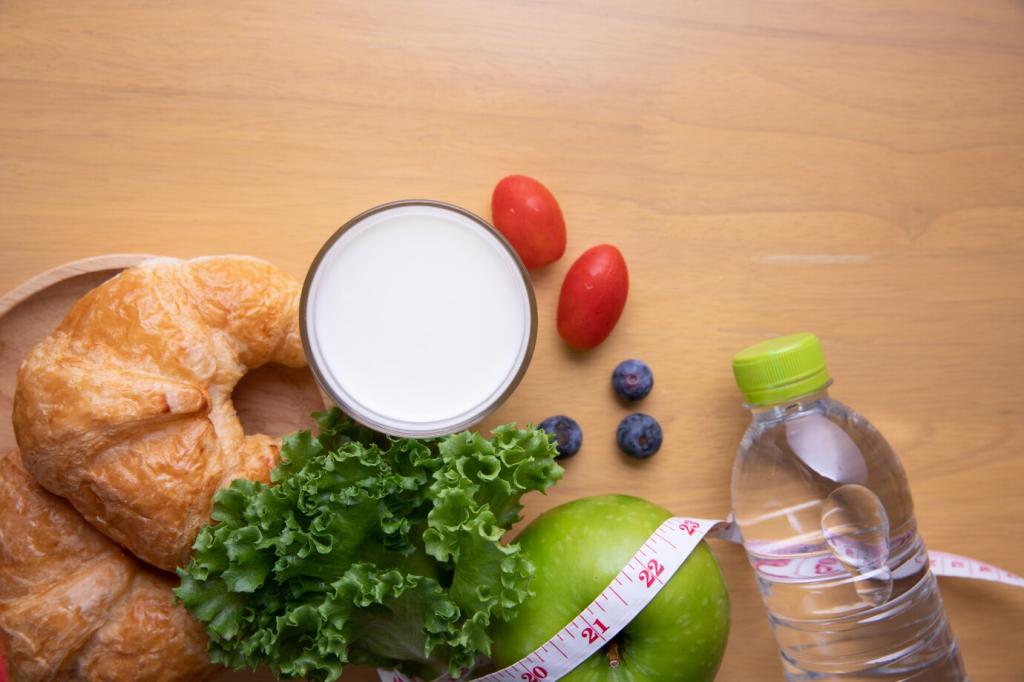

Caffeine and performance
A dose of about 3–6 milligrams per kilogram, taken 30–60 minutes pre-workout, can sharpen focus and reduce perceived effort. Start low to assess sensitivity, and avoid late-day use if sleep quality suffers. Coffee, gels, or tablets can work, as long as the total dose fits your personal tolerance range.
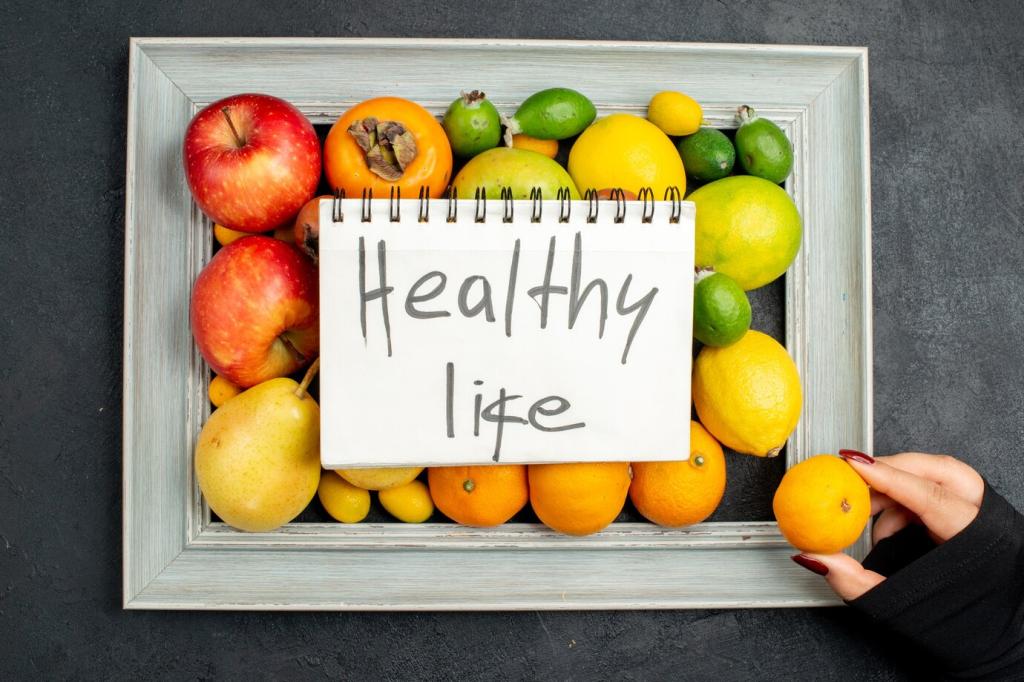
Creatine and strength
Creatine monohydrate at three to five grams daily supports power, strength, and training volume. Consistency matters more than timing, though pairing with carbs or protein may aid uptake. Many athletes notice better sprint repeats and lifting performance after a few weeks, provided hydration and overall nutrition are dialed in.
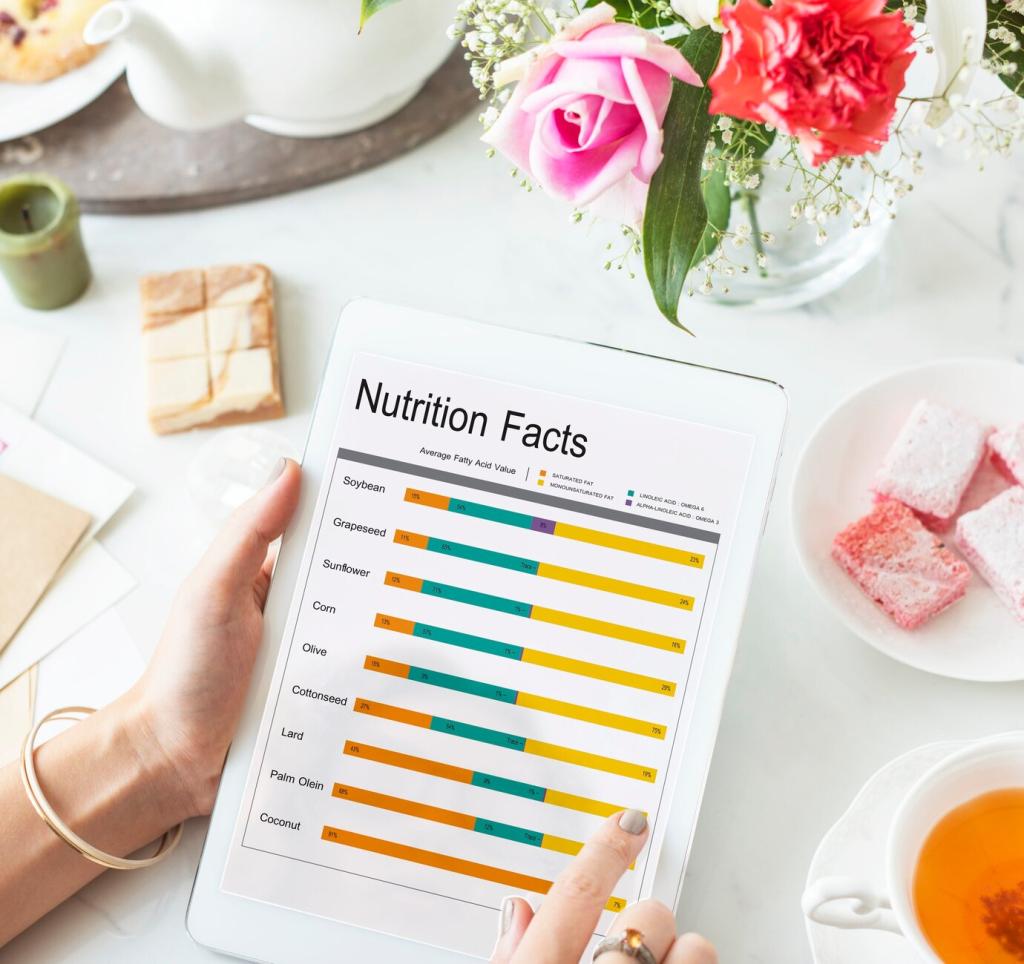
Beetroot and dietary nitrates
Beetroot juice and nitrate-rich greens may improve efficiency, especially for endurance efforts. Trial four to six hundred milliliters of beet juice or a standardized nitrate shot two to three hours before key sessions. Track how your gut feels and measure improvements in pace or power at a given heart rate.

30–60 minutes before
Keep it light and low-fiber: a banana with honey, two rice cakes with jam, a small smoothie with yogurt and berries, or a sports drink plus a few pretzels. Test on easy days to confirm comfort, then rely on them when intensity climbs and your gut needs predictable, quick-burning energy.

1–3 hours before
Build a balanced meal: rice bowl with chicken and pineapple salsa, pasta with marinara and parmesan, or oatmeal with raisins, nuts, and maple syrup. Add a glass of water and a pinch of salt if you sweat heavily. Adjust portions to feel comfortably satisfied, never stuffed, when you begin warming up.


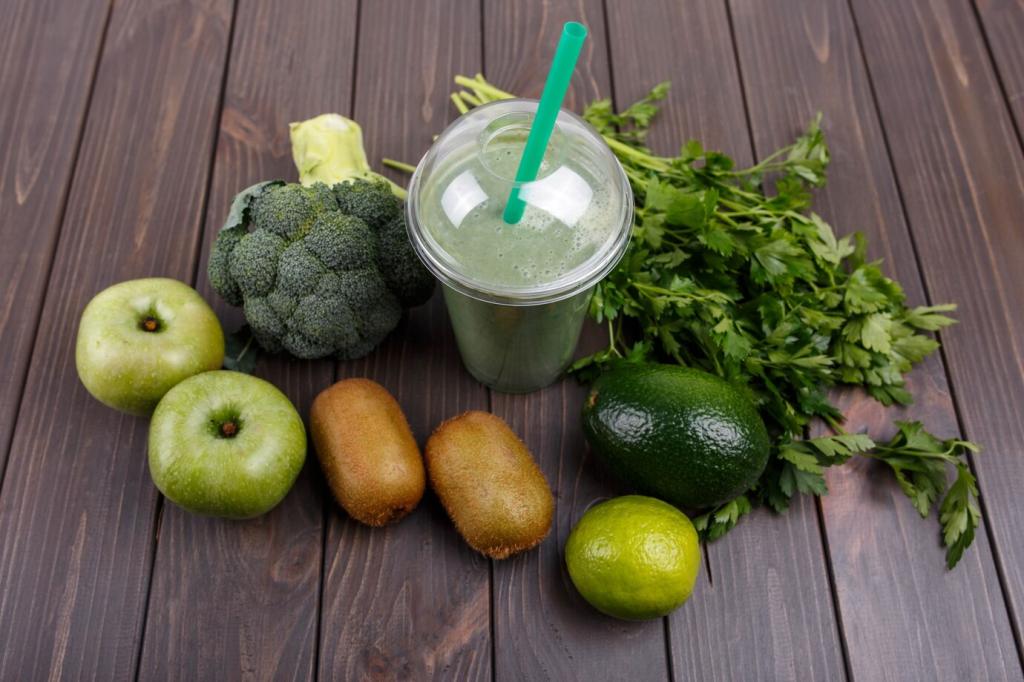
Stories from the Gym Kitchen
A runner’s Sunday long run ritual
Maya used to fade at mile ten until she tried a bagel with jam two hours before, plus a gel every forty minutes. She finished stronger, with fewer cramps and better mood. Her coach noticed improved pacing, and her recovery shake afterward kept Monday runs surprisingly light and springy.
The lifter who feared carbs
Tom lifted heavy on empty, then wondered why sets collapsed. Adding oatmeal with a scoop of whey ninety minutes pre-session transformed his top sets. He hit personal bests and felt less wrecked afterward. By pairing carbs with protein post-workout, he gained strength steadily without the afternoon energy crashes he dreaded.
Your turn to share and subscribe
What pre- and post-workout nutrition strategies help you feel unstoppable? Drop your favorite combos in the comments so others can learn. Subscribe to get weekly menu templates, shopping lists, and simple science breakdowns. Together we will build a playbook that makes every session a confident, well-fueled win.
